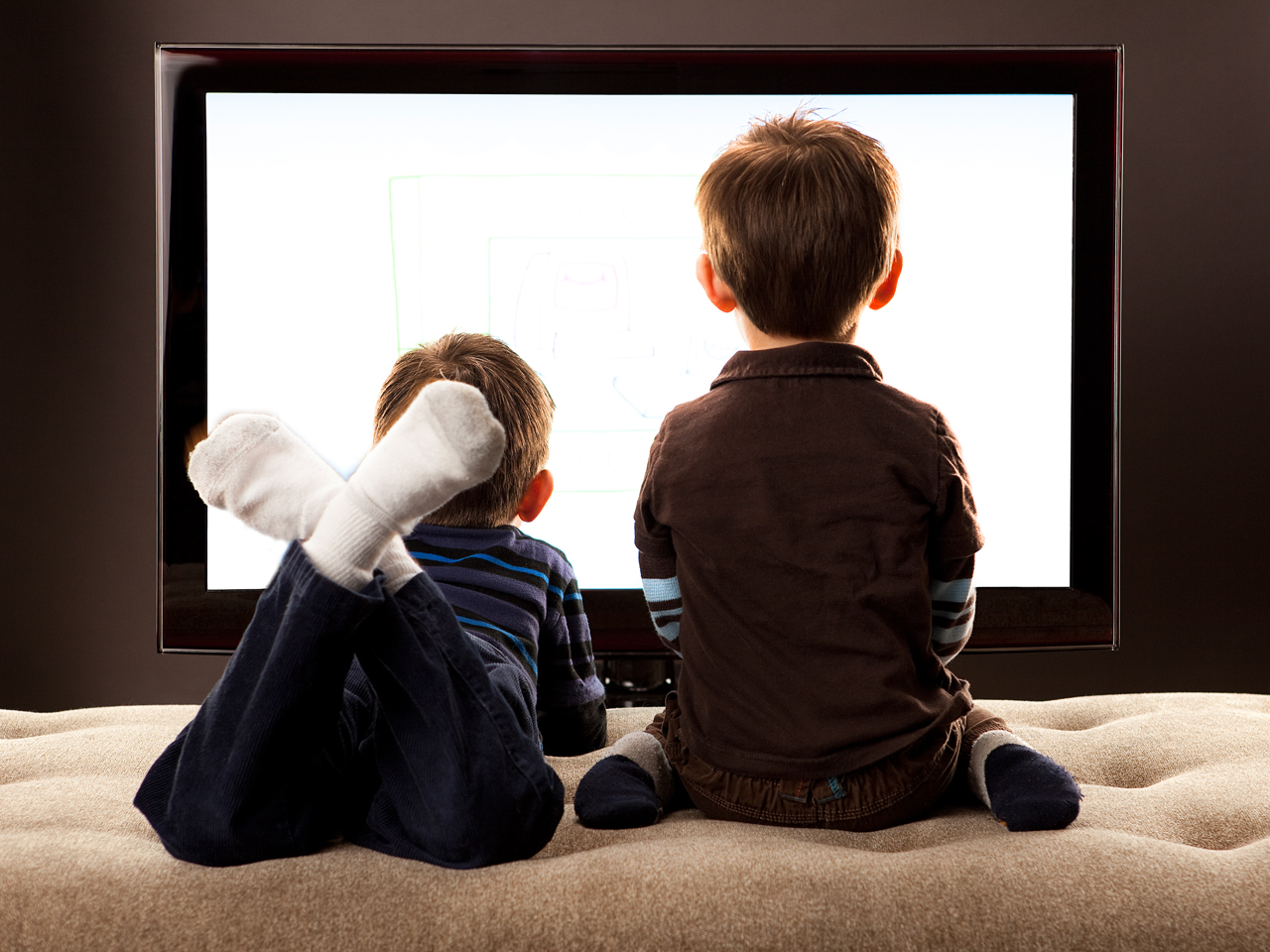Researchers believe that children who are permitted to watch a lot of television and play video games are more prone to engage in delinquent behaviour.

According to Canadian researchers, there is a “lack of consensus” on whether children’s exposure to excessive amounts of screen time is harmful.
However, after reviewing 87 previous research, they have concluded that it is detrimental to their conduct.
Those who reported spending more time on the computer were more likely to exhibit symptoms of anxiety or sadness, according to the results of a study.
Aggressive or inattentive episodes were also more common among those with externalising behaviour.
Even though the correlation was just “small but substantial,” researchers at the University of Calgary believe it might have “important ramifications.”.
It’s unclear how many hours of TV children should be allowed to watch, or what the actual hazards are.
Children who reported greater screen time were shown to be more likely to exhibit indicators of internalising behaviour, such as anxiety or sadness, as well as externalising behaviour, such as violence or inattention. According to researchers at the University of Calgary, even if the connection was only “small but substantial,” it might have “important repercussions.”
Furthermore, the study’s lead author Dr. Sheri Madigan and colleagues observed that screen usage may not even be the cause of behavioural issues in children.
Violent or unsuitable media can cause aggressive behaviour, whereas social isolation or sleep deprivation can cause anxiety and sadness. Both are possible outcomes.
An estimated 6.3 hours per day are spent in front of screens by UK children aged five to 16, according to the National Health Service (NHS).
Infants under the age of two are advised to stay away from screens entirely, while children ages two to five are advised to limit their screen use to no more than one hour per day.
The new research, which was published in the journal JAMA Psychiatry, has been criticised by experts today.
Oxford Internet Institute head Professor Andrew Przybylski, an experimental psychologist, said that the academics are “wrong to imply statistical significance of the overall finding is instructive in any manner”
When asked how much of the study’s findings were connected to screen usage, the researcher replied it was barely one percent.
More than 99 percent of the mental health and well-being of young people has nothing to do with their time spent in front of digital displays unless we get high quality data from online technology platforms, he continued.
‘This is a highly complicated field, and simple conclusions that screen time causes issues are not warranted,’ said Professor Russell Viner, past president of the Royal College of Paediatrics and Child Health.
Screen time isn’t the problem, according to previous study, but rather the material viewers are exposed to on displays.
When it comes to children and computers, “screens may be a positive source of education and enjoyment for many, while we adults tap away on our laptops”
More than 160,000 youngsters under the age of 12 from throughout the world were involved in the study.
As a population, screen usage is likely to have a significant impact despite the tiny effects revealed in this study, experts said.
Researchers found that guys had a greater correlation between screen use and outsourcing issues compared to girls. This may be because boys are more reliant on technology and have more outsourcing issues, according to the researchers.###









